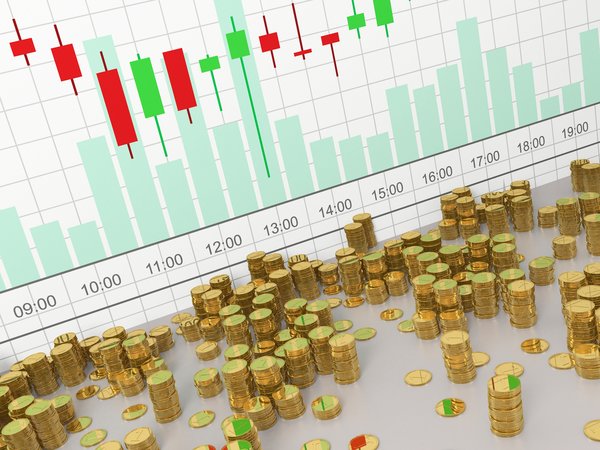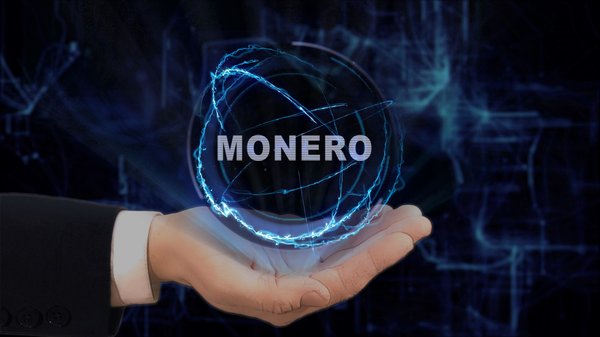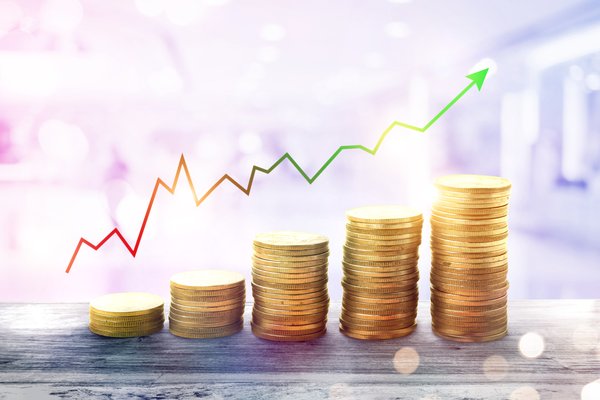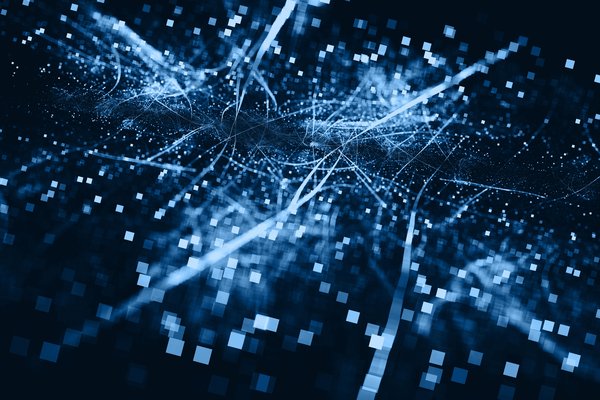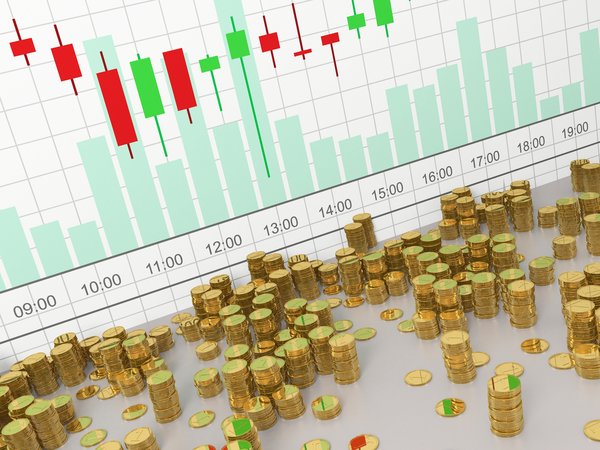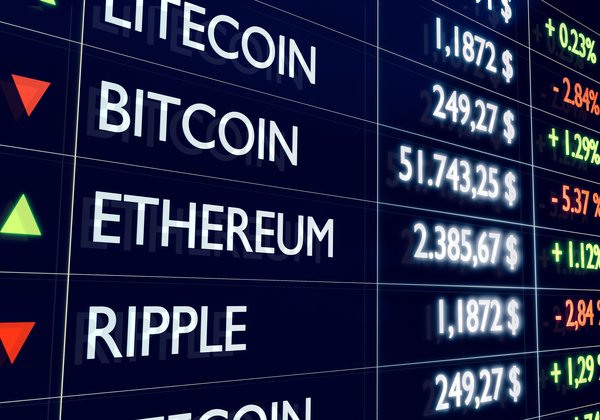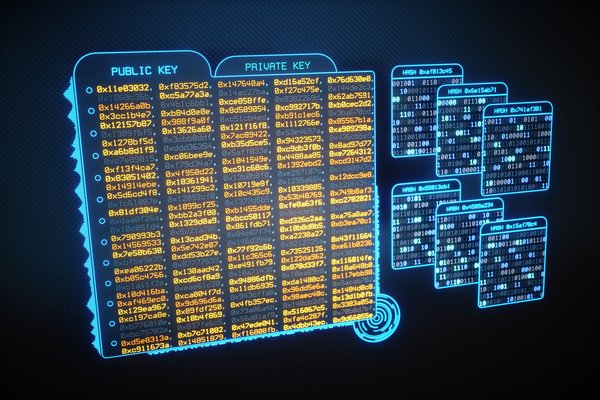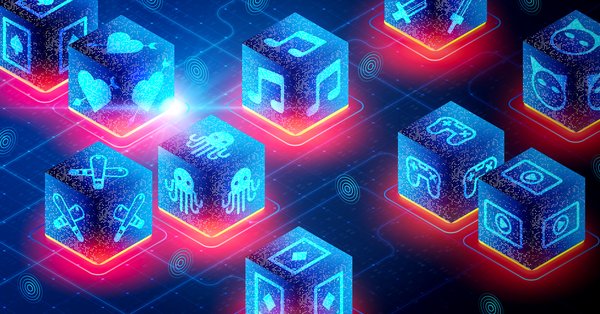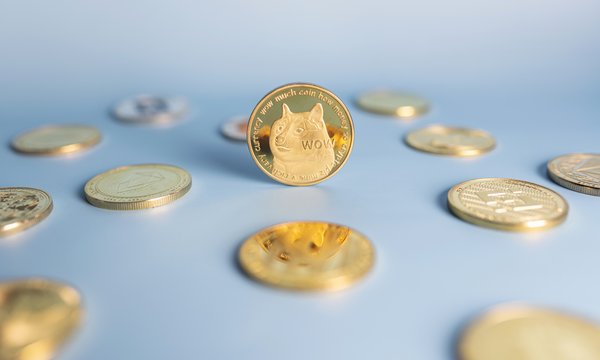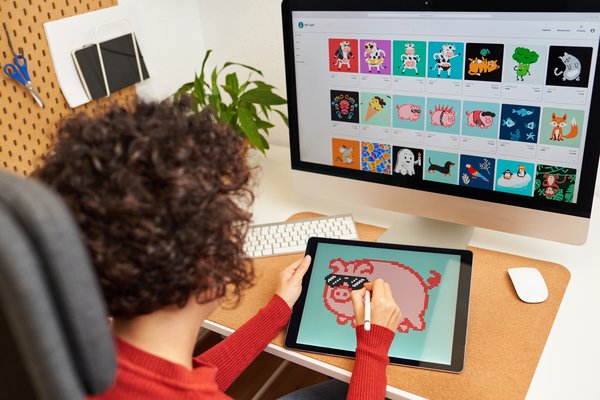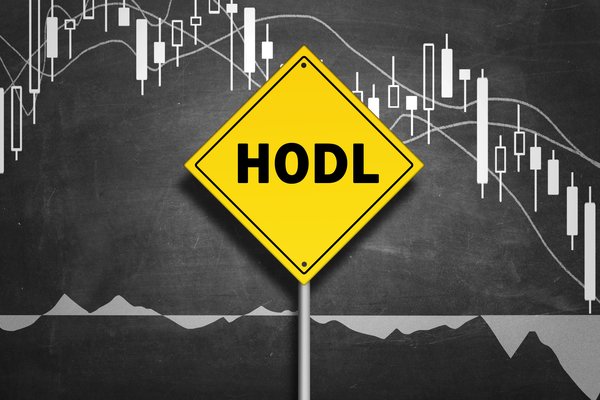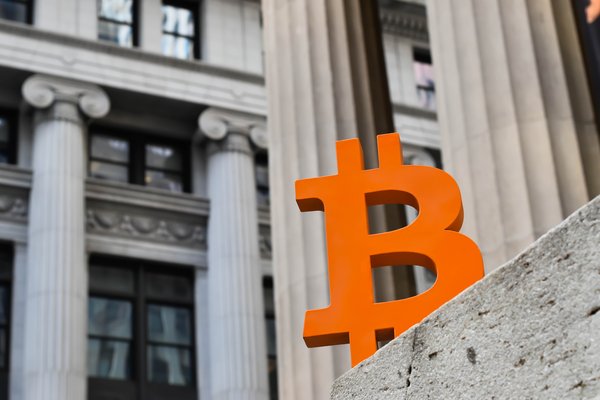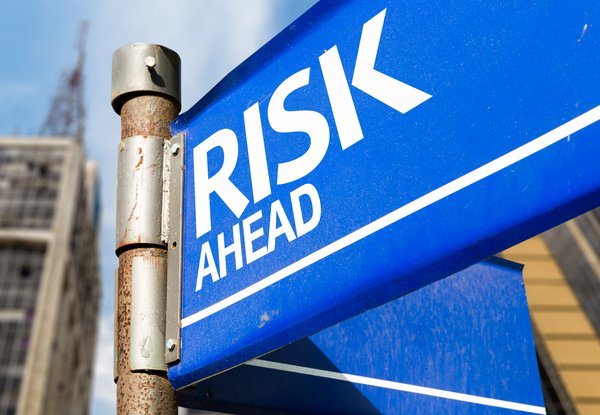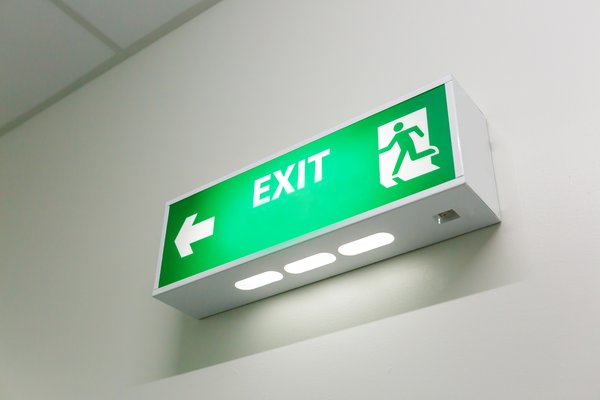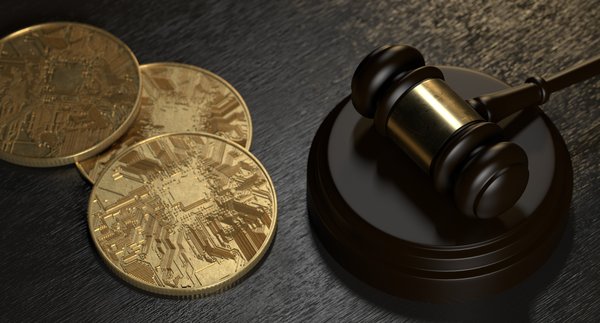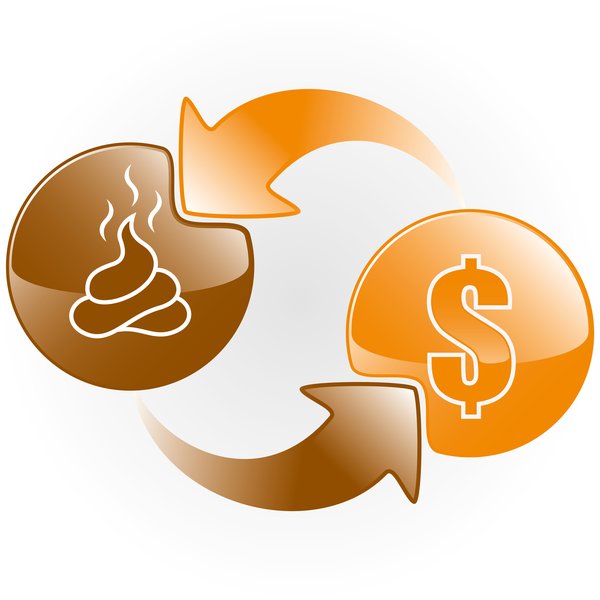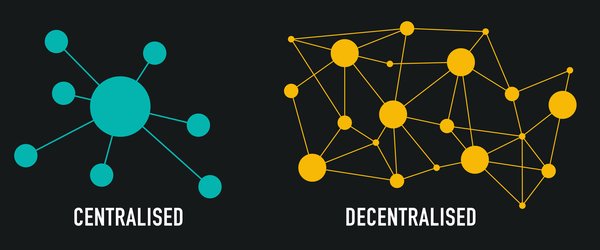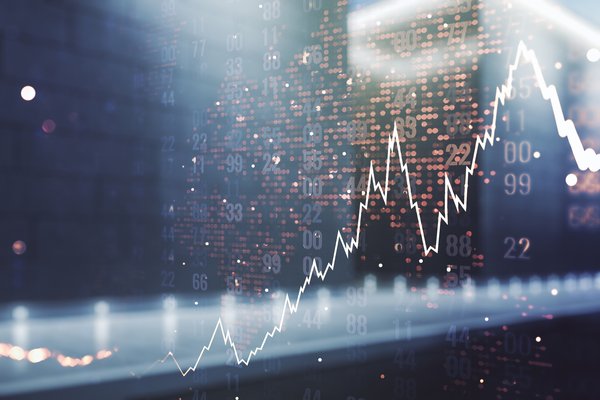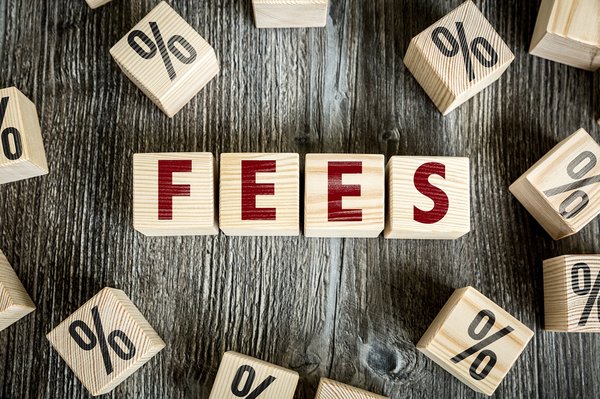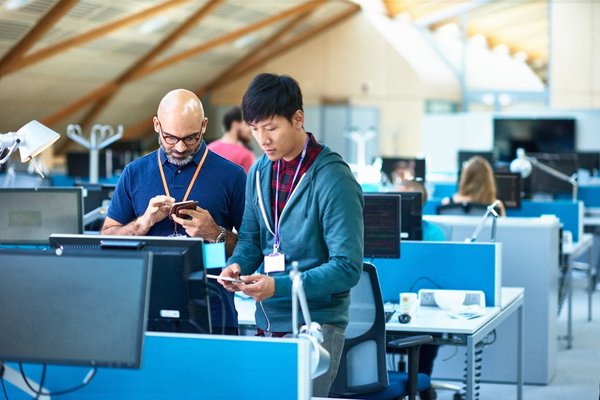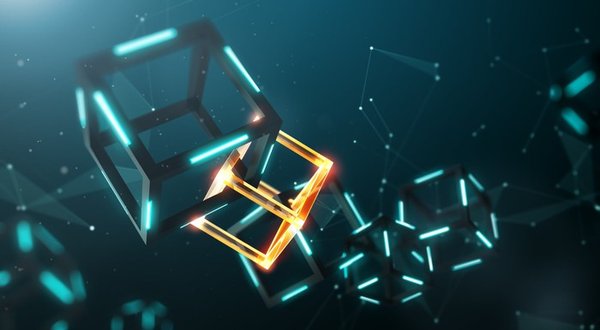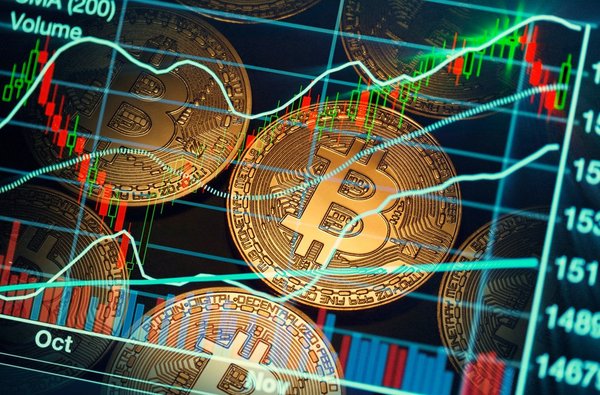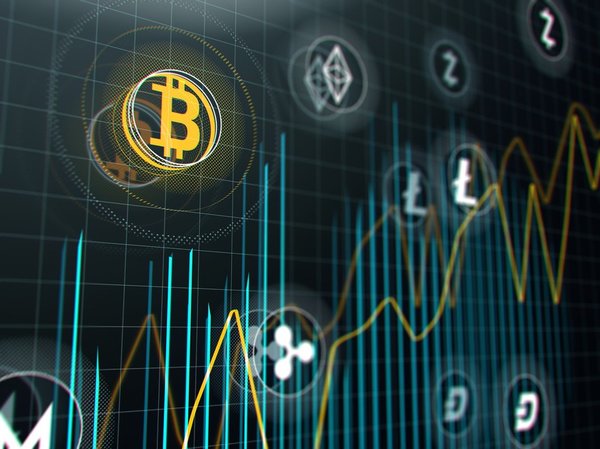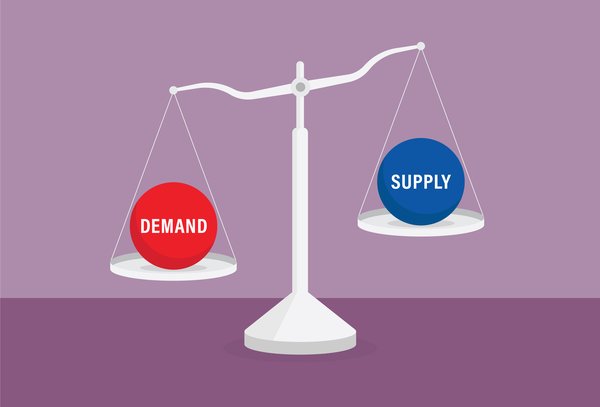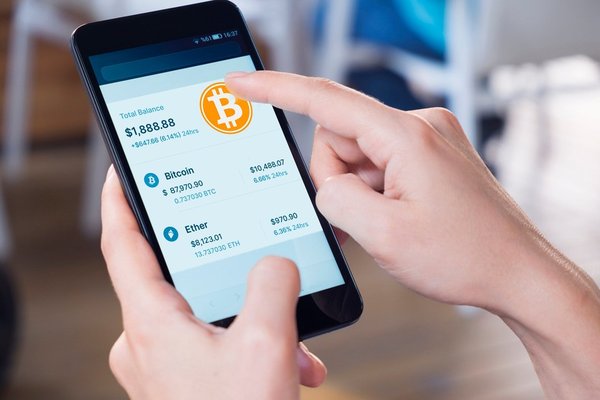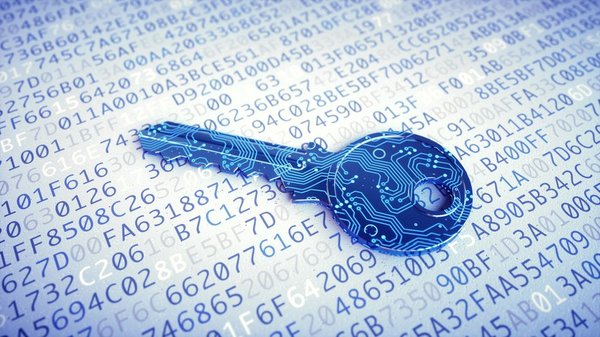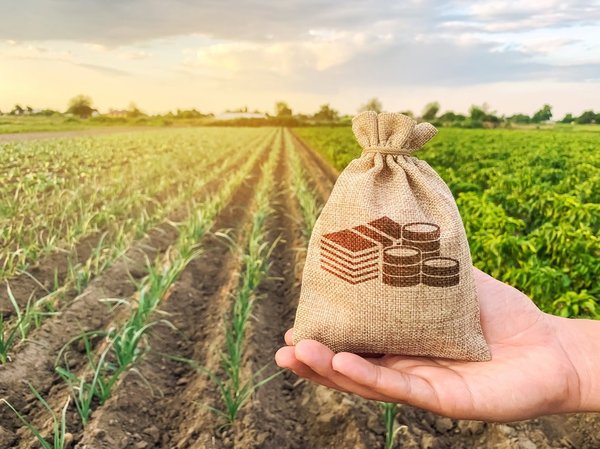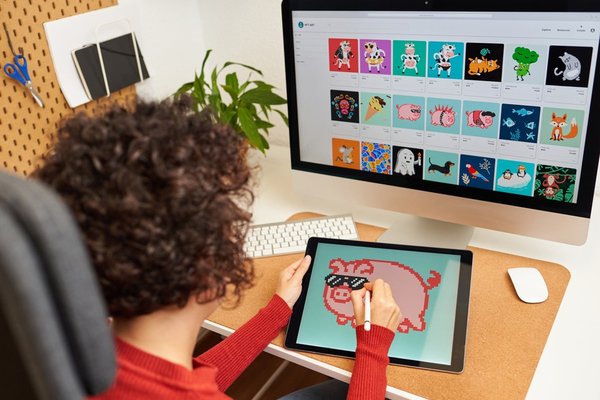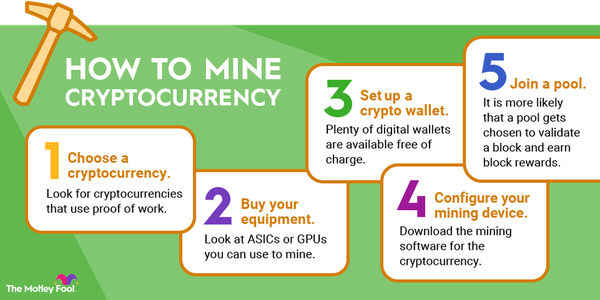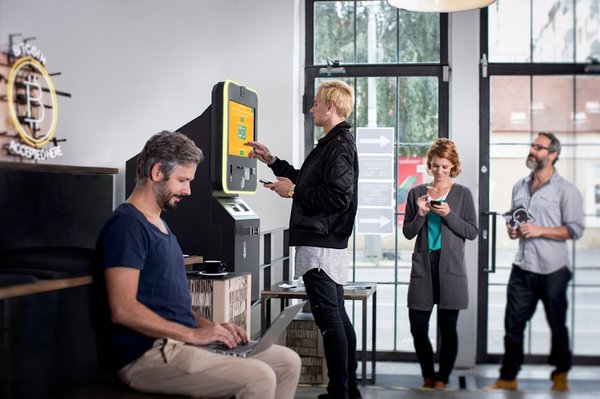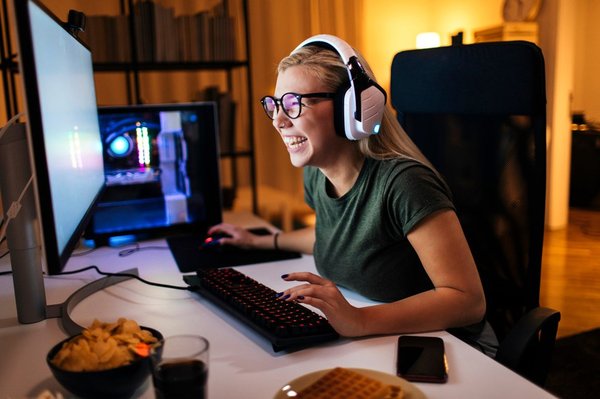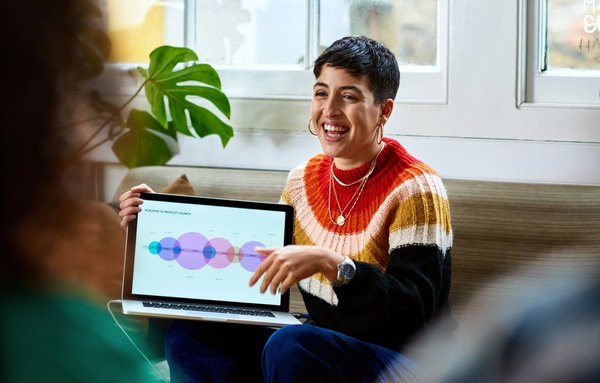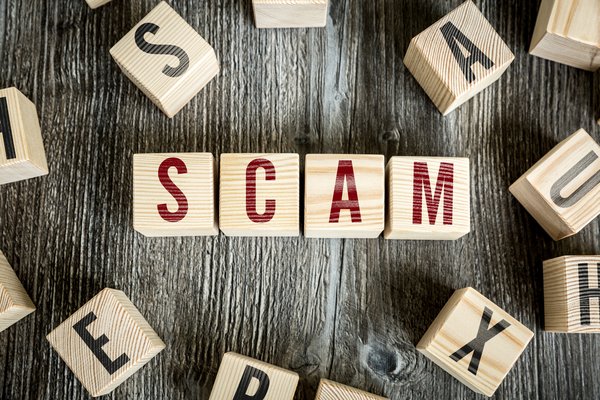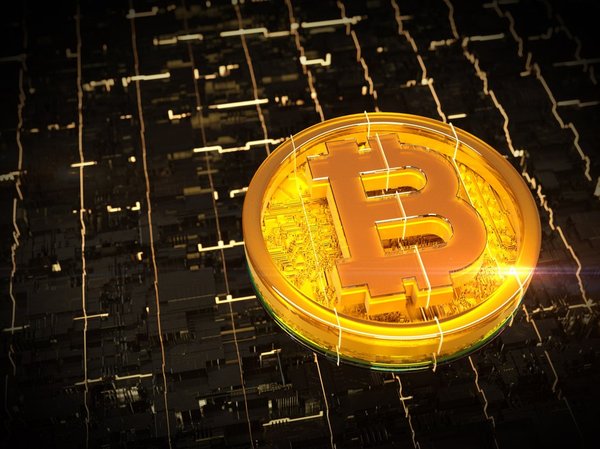Algorand (CRYPTO:ALGO) is a blockchain network built to solve a trilemma -- a reference to the idea that there are inherent tradeoffs that blockchain designers face in striving for the three goals of decentralization, scalability, and security.
To accomplish that, it helps to have a founder like MIT professor Silvio Micali, who, along with Algorand scientific advisor Shafi Goldwasser, won a Turing Award for work on cryptography and complexity theory in 2012. Micali created Algorand, which is secure and capable of processing 1,000 transactions per second.
Algorand quickly became a popular project among crypto enthusiasts. Read on for more details about how Algorand works and where it could go as an investment.

What makes Algorand unique?
With Alogrand, it's not so much about what it does differently but what it does better. In terms of functionality, it's similar to other programmable blockchains such as Ethereum (CRYPTO:ETH). It can run smart contracts, and developers can use it to create decentralized apps (dApps) and crypto tokens.
Here are the most notable ways that Algorand stands out:
- It's built for scalability and uses a modified proof-of-stake consensus mechanism for efficient transaction processing. This results in speeds of about 1,000 transactions per second.
- It's a developer-friendly blockchain that supports many programming languages. According to the Algorand website, languages it supports include "Java, JavaScript (node.js and browser), Go and Python SDKs, REST APIs, as well as many community SDKs, such as Rust, Swift, PHP, Dart, C#, etc."
- It has experienced zero downtime since launch. Other blockchains, such as Solana (CRYPTO:SOL), have had numerous outages, so the fact that Algorand hasn't had any is very impressive.
- The Algorand blockchain never forks (its ledger never splits when new blocks are added). This ensures that Algorand isn't fractured into separate projects and that no one can double-spend on its blockchain.
Where Algorand came from
As previously noted, Silvio Micali, an MIT professor who has been involved in cryptography since the 1980s, founded Algorand in 2017. Micali is a Turing Award winner and the co-inventor of many protocols used in modern blockchain projects, including probabilistic encryption, zero-knowledge proofs, and verifiable random functions.
Algorand received multiple rounds of funding in 2018 and launched its testnet in July of that year. The testnet was then released to the public in April 2019, and the mainnet launched in June 2019. The Algorand Foundation promotes the ecosystem and coordinates community governance, and a for-profit company, Algorand, Inc., oversees code development.
How Algorand works
Since 2020, Algorand has offered a two-layer smart contract architecture that's much different from earlier approaches. Here's how it works:
- Layer 1 (on-chain) is for smart contracts that execute simple, common transactions on the blockchain itself. For example, Algorand layer 1 handles atomic transfers, or when multiple parties agree to swap funds.
- Layer 2 (off-chain) is for smart contracts that require specialized tools. This includes smart contracts that are too big, too computationally demanding, or too complex.
The gist of it is that simple smart contracts run on the blockchain, and the more complicated smart contracts that will take some time to handle run off the blockchain. With this architecture, Algorand is able to offer greater efficiency compared to single-layer blockchains.
Algorand validates transactions using a pure proof-of-stake protocol. Anyone who owns a minimum of 1 ALGO can stake their tokens and become part of the validation process. The Algorand protocol chooses participants to confirm blocks of transactions. All online users have a chance to be selected, and the likelihood is tied to the amount of ALGO tokens they've staked. In return for validating transactions, users receive participation rewards.
Partnerships
Thanks to its scalability and ease of use, Algorand has built partnerships across a variety of industries. Here are a few notable partners in the Algorand ecosystem:
- Circle, the global financial company behind USD Coin (CRYPTO:USDC), is using Algorand to allow consumers to conveniently transfer funds between banks, card networks, and digital dollars.
- The Republic of the Marshall Islands was the first country to adopt a national digital currency, and it chose Algorand to power that currency. It also formed a partnership with Koibanx in August 2021 to develop the blockchain infrastructure for El Salvador.
- Entertainment platform Xfinite has worked with Algorand to create a native cryptocurrency token and dApps.
- Spanish company ClimateTrade helps companies achieve their sustainability goals. It chose Algorand for its infrastructure layer and uses the Algorand blockchain to track carbon credits.
- Watr, a supply chain ecosystem for commodities, also has formed a partnership with Algorand. The Swiss-based foundation will use its protocol as the first "public, sovereign instance of the Algorand mainnet."
Can I make passive income with Algorand?
Yes, you can make passive income with Algorand. Since Algorand is a proof-of-stake blockchain, you can stake ALGO tokens and earn quarterly rewards by opting in and actively participating in its new community governance program. When you stake crypto, you're pledging it as collateral to become part of the transaction validation process.
The best way to stake Algorand is through a blockchain wallet. The official Algorand wallet is Pera Wallet, but there are also other wallets that support Algorand staking, including Trust Wallet and Atomic Wallet. Transfer your ALGO tokens to your wallet, and then you'll be able to earn rewards by staking them.
There are also crypto exchanges that let you stake Algorand, including Crypto.com, Coinbase Global (NASDAQ:COIN), and Binance.US. However, the rates they offer on Algorand are lower than what you'd get staking through your own wallet.
Related investing topics
Unique risks
Algorand solved two parts of the blockchain trilemma; it's secure and scalable. The jury's still out on whether it's sufficiently decentralized.
The maximum total Algorand supply is 10 billion ALGO tokens. Algorand, Inc., holds 2 billion tokens, and the Algorand Foundation has 500 million. With 25% of the total supply going to those two organizations, Algorand's tokenomics have been criticized, even by its supporters.
Another example of Algorand's centralization are its relay nodes, which are the backbone of its network. As of March 2022, there are approximately 140 relay nodes.
The Algorand Foundation manages the official list of relay nodes. Those running relay nodes include Algorand, Inc., the Algorand Foundation, early backers, and participants selected from a relay node pilot program.
Algorand would remain secure even if all the relay nodes acted in a malicious way. Still, the fact that such an important part of the network is essentially handpicked by the Algorand Foundation is an issue. Even the foundation itself has acknowledged this and is working on changes.
Is Algorand a good investment?
Algorand is a quality blockchain project, and it's easy to see why it has built a passionate following in the crypto community.
The protocol is designed for high performance and delivers with fast transactions and low fees. There's a very knowledgeable team behind it, headed by Micali, which gives it credibility. Since it supports so many programming languages, it's easy for developers to use.
There aren't any glaring weaknesses with Algorand, but it has strong competition from a number of smart contract blockchains. Scalability has also become a point of focus among these projects, so Algorand no longer has an advantage there.
For example, Algorand was notable for being able to process 1,000 transactions per second, much higher than Ethereum's 30 transactions per second. But Ethereum is upgrading and will reportedly be able to process up to 100,000 transactions per second. Solana is estimated to handle up to 65,000, although it has dealt with frequent outages.
Overall, Algorand is a good choice for a cryptocurrency investment with growth potential. If you're not sure about investing in specific coins, another option is investing in cryptocurrency stocks. Just keep in mind that crypto is volatile, so you should only invest what you can afford to lose and be ready for price swings.
How to buy Algorand
Several of the most popular crypto exchanges offer Algorand trading, so it's easy to find. Here are a few places where U.S. investors can sign up for an account and buy Algorand:
With so many blockchain platforms offering similar features, it can be hard to figure out which one to choose. Algorand definitely has a lot going for it and is worth checking out, especially if you're looking for a protocol that isn't a household name yet.












